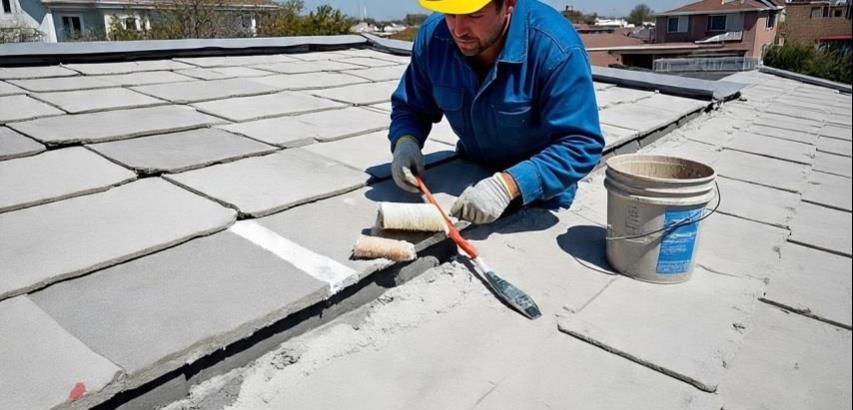Roof waterproof glue is a specially formulated adhesive used to seal and protect rooftops from water leaks, moisture, and weather-related damage. It is commonly used in residential, commercial, and industrial roofing applications to provide a strong, flexible, and long-lasting waterproof barrier. This type of glue can be applied to various roofing materials including metal, concrete, wood, and tiles.
Key Features
Waterproof Sealant
Forms a watertight layer that prevents rainwater and moisture from penetrating the roof surface.
Ideal for sealing cracks, joints, and gaps.
Weather and UV Resistant
Stands up to harsh weather conditions including sun, rain, snow, and temperature fluctuations.
Does not crack or peel under extreme heat or cold.
Strong Adhesion
Bonds effectively to most roofing materials such as asphalt, concrete, metal, and shingles.
Suitable for flat and sloped roofs.
Flexible and Durable
Remains elastic after curing, allowing it to move with the structure without breaking.
Offers long-term protection against water infiltration.
Easy to Apply
Can be applied with a brush, roller, or caulking gun.
Dries quickly and often becomes paintable after curing.
Benefits
Prevents Roof Leaks: Stops water from entering and damaging the interior of buildings.
Extends Roof Life: Helps maintain the structural integrity of the roof.
Cost-Effective: Reduces the need for expensive roof repairs or replacements.
Versatile Use: Can also be used around chimneys, skylights, gutters, and vents.
Common Applications
Repairing roof cracks or seams
Sealing around roof penetrations
Waterproofing roof edges or flashing
Emergency leak repairs during rainy seasons
Roof waterproof glue is an essential solution for protecting your home or building from water damage. Whether you're repairing an old roof or sealing a new installation, this adhesive provides a reliable, weatherproof barrier that keeps your roof leak-free and durable for years. Easy to use and highly effective, it’s a smart investment in long-term roof maintenance.
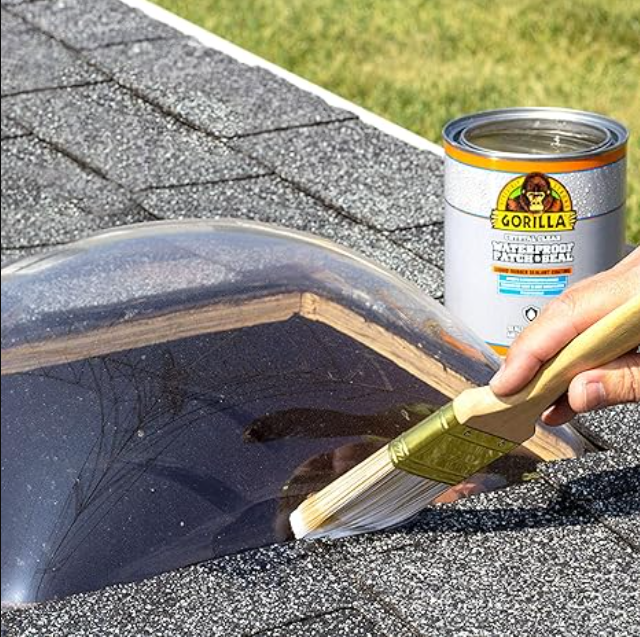 | 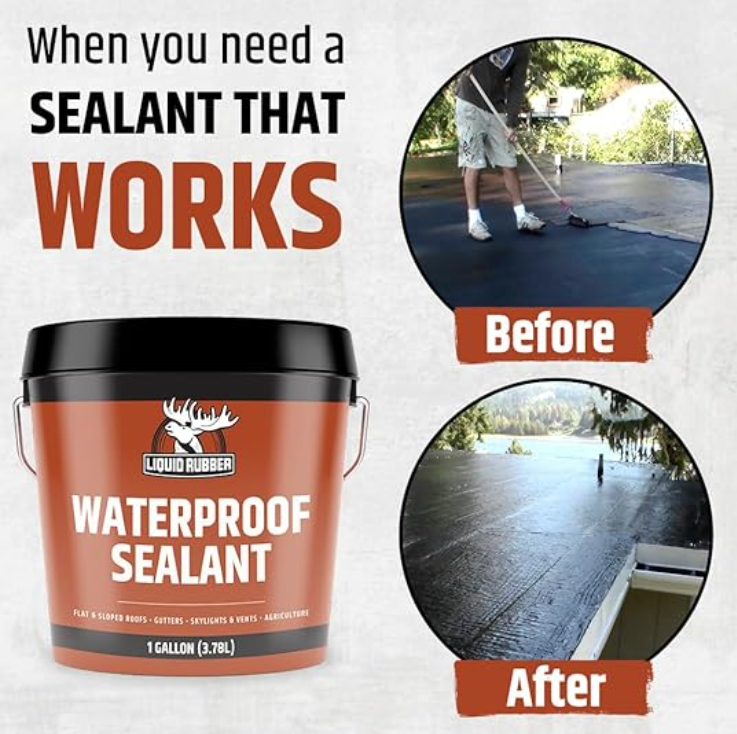 | 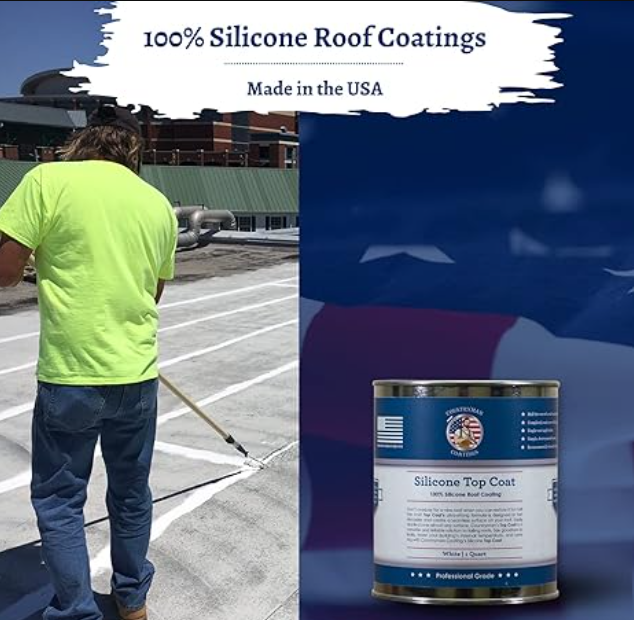 |
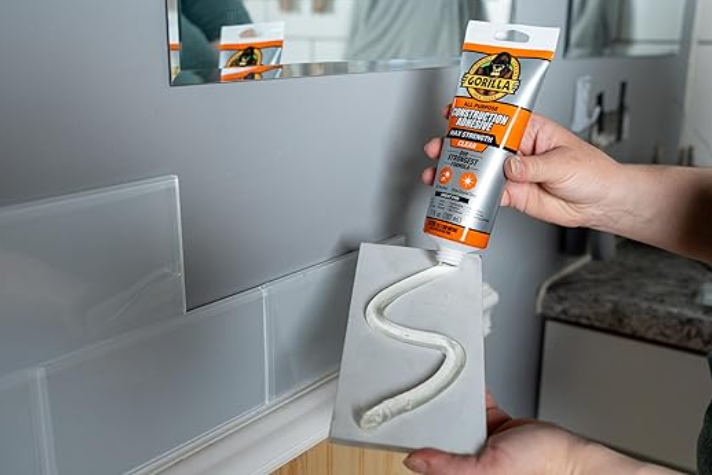 | 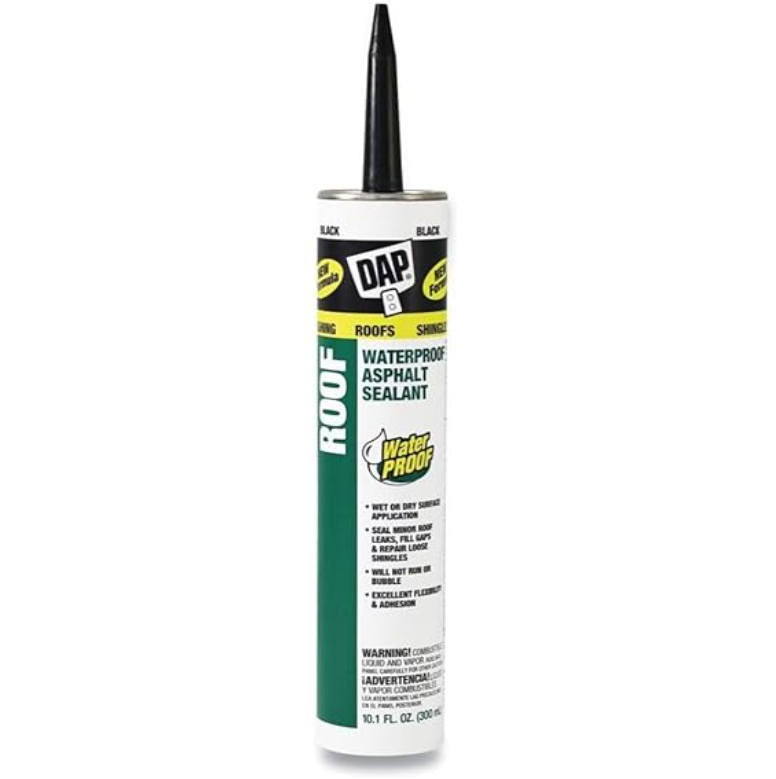 | 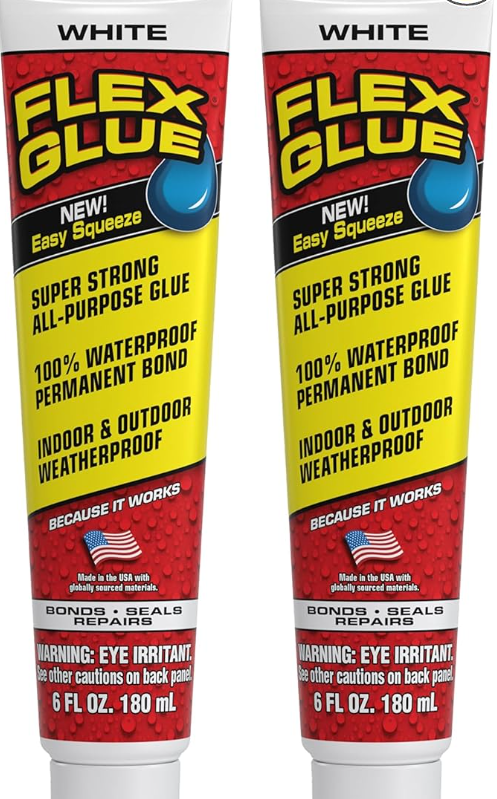 |
